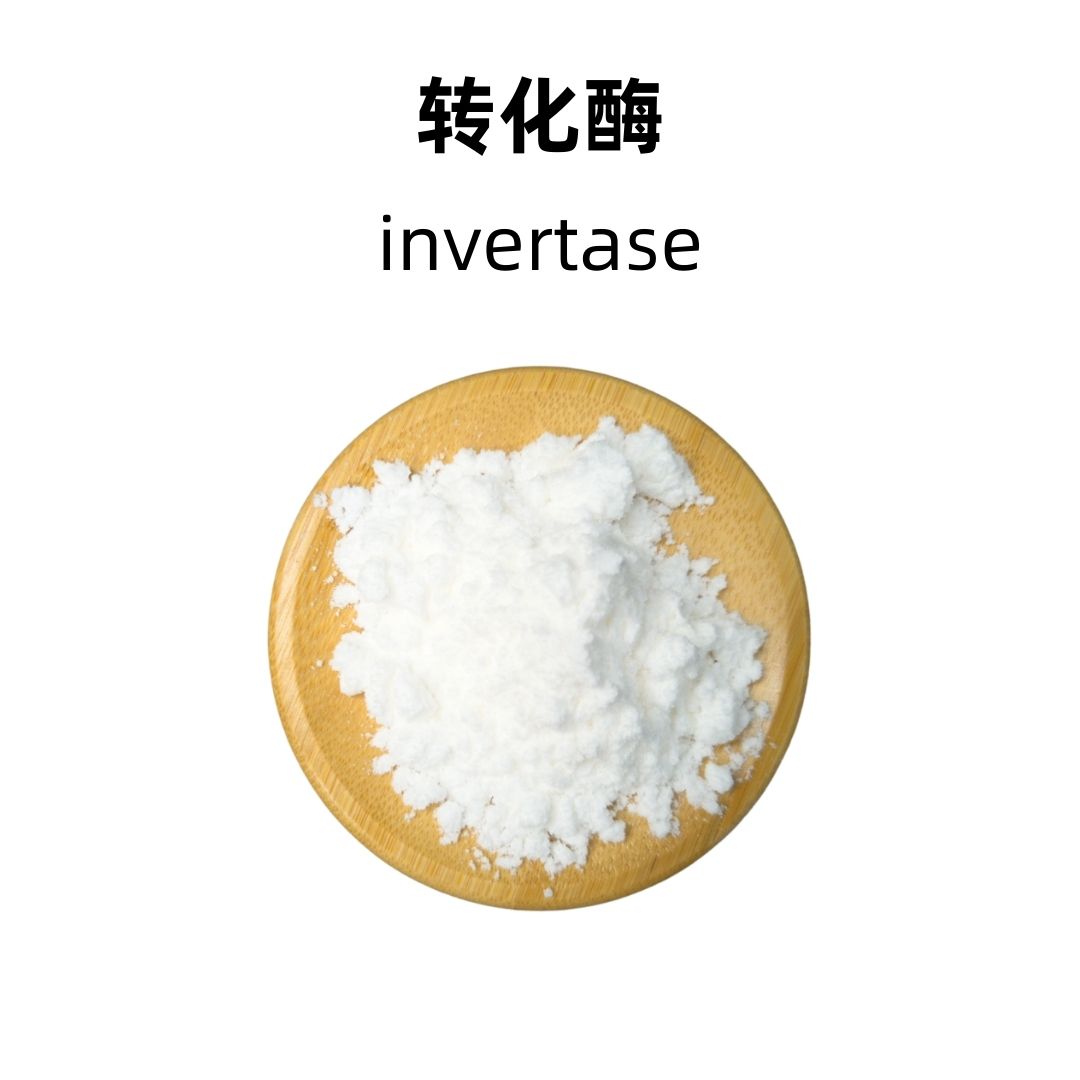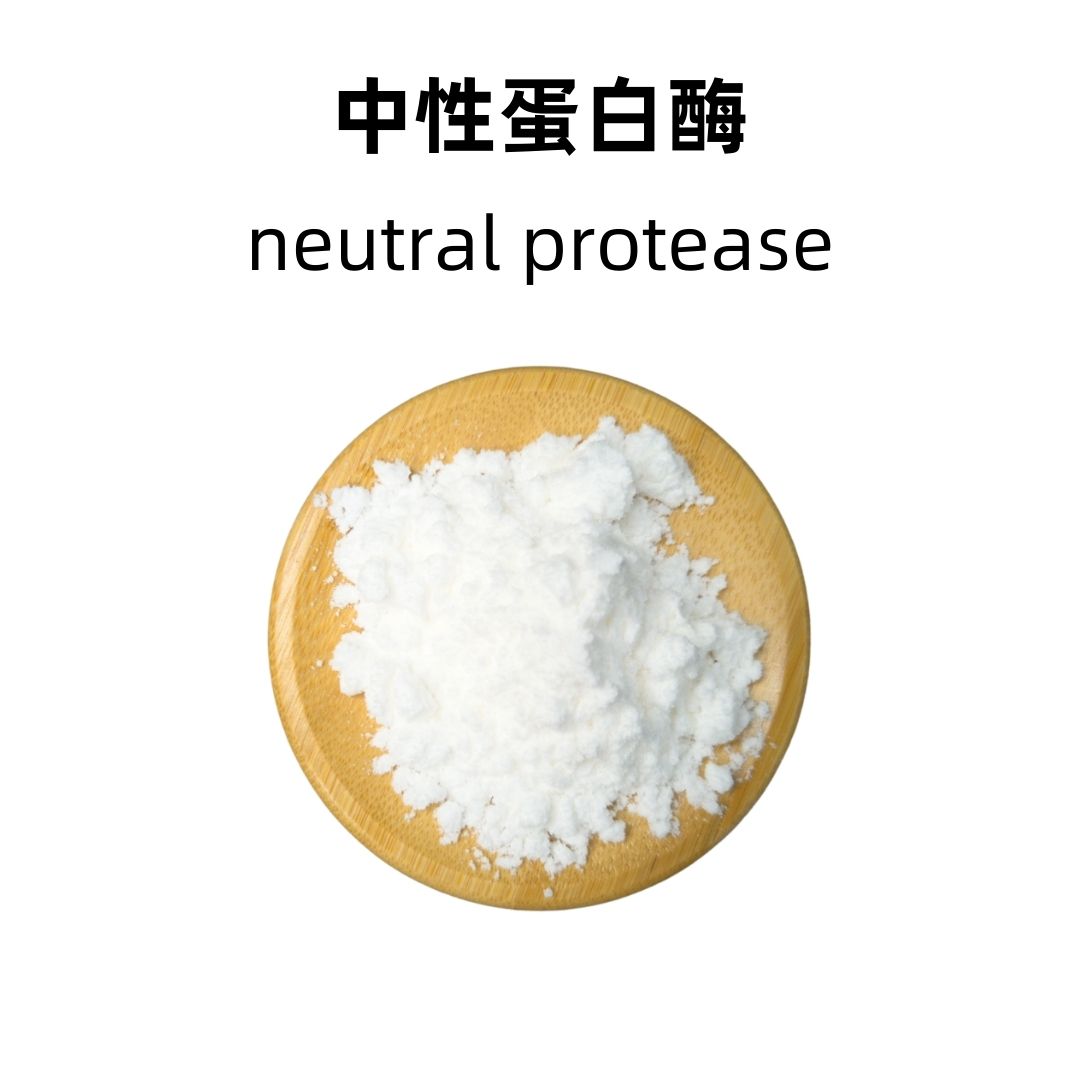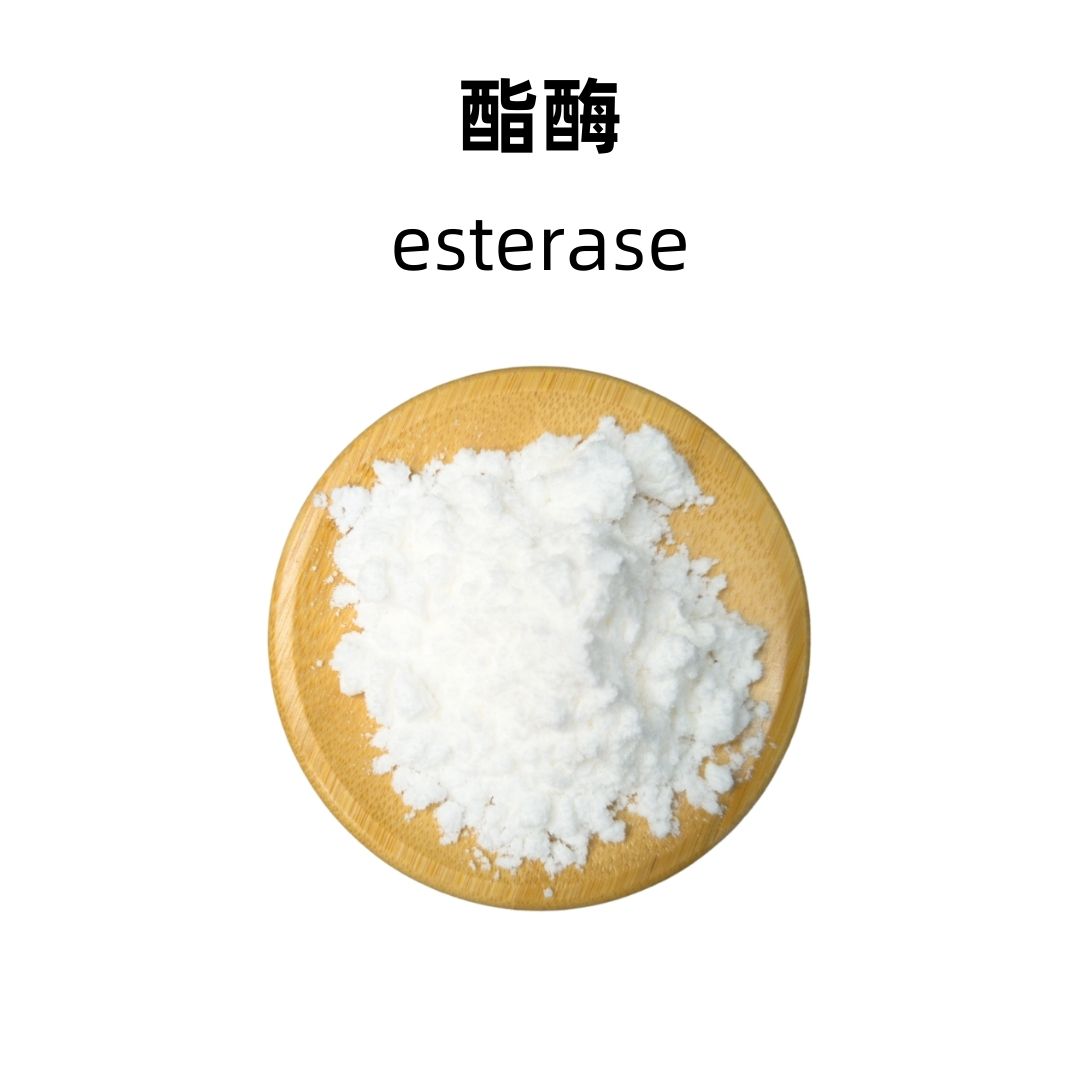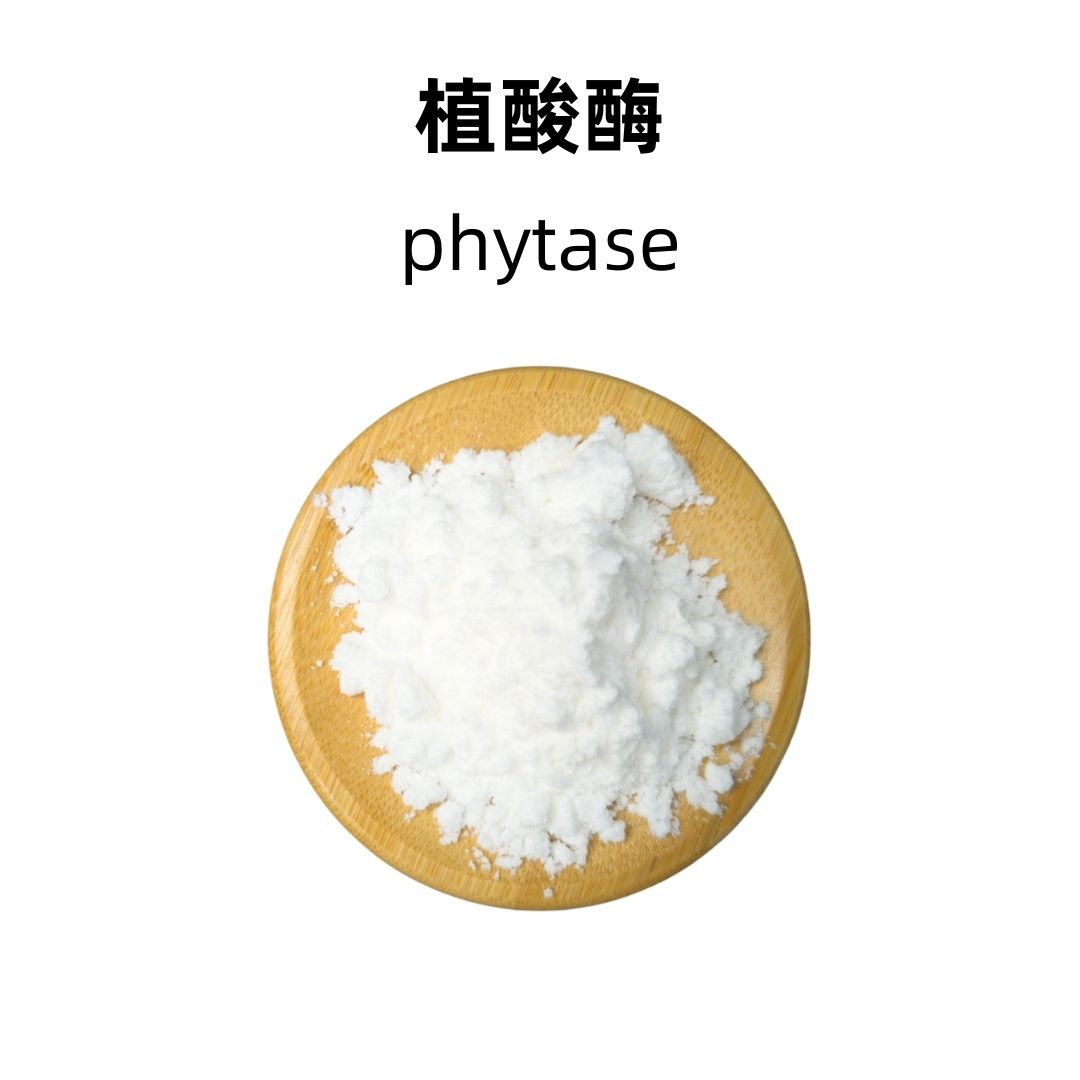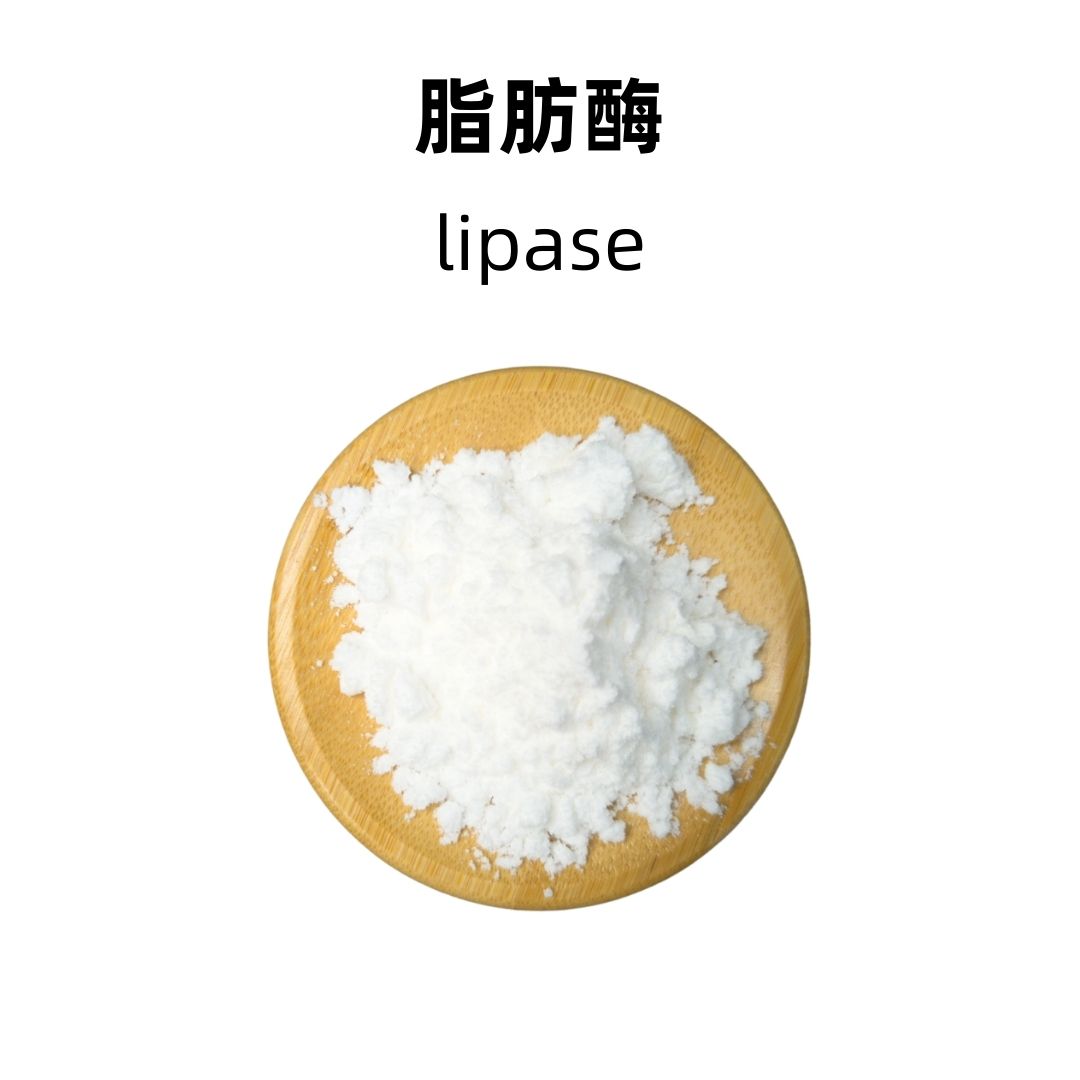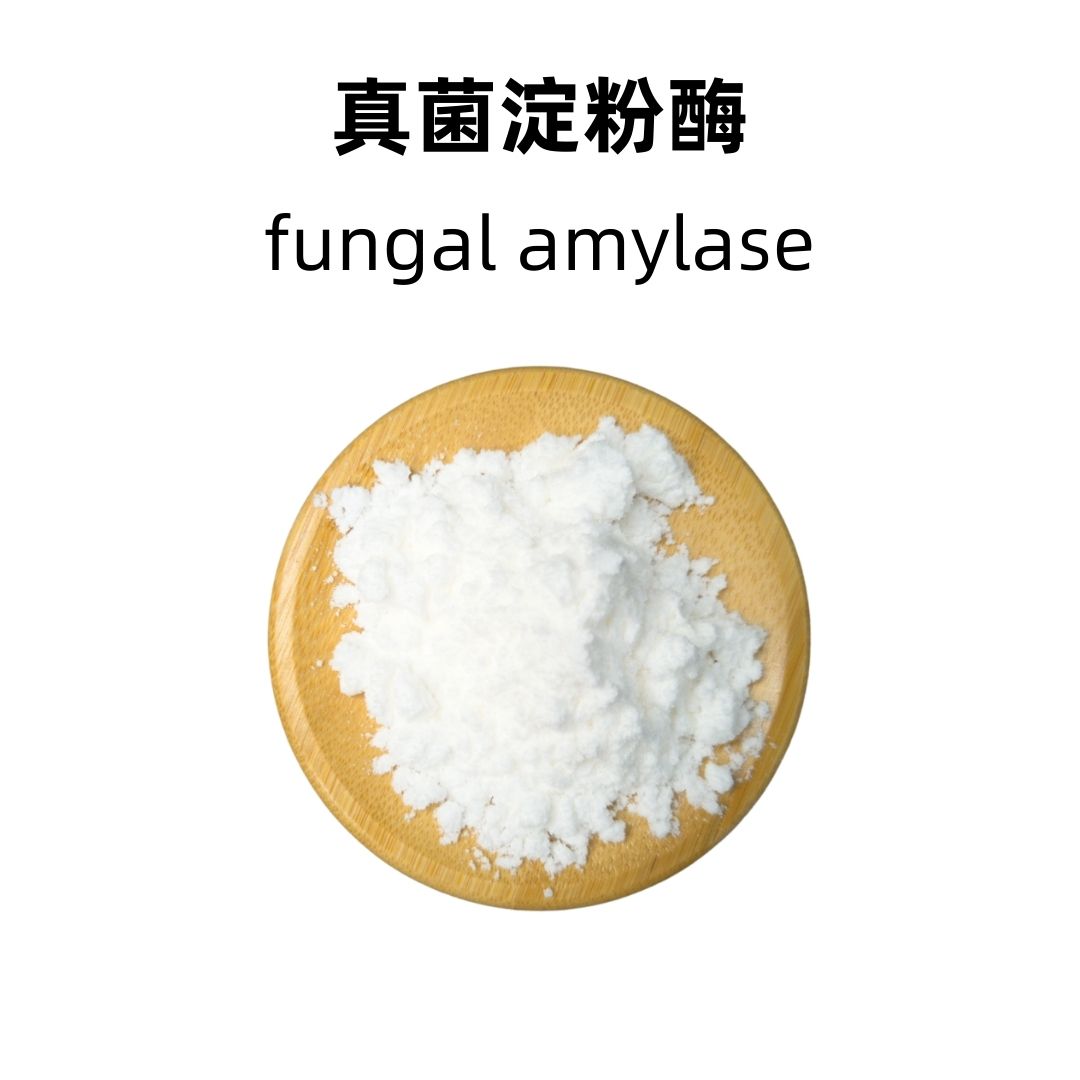Product Introduction
Lactase is an enzyme that plays a crucial role in digesting lactose, the sugar found in milk and dairy products. Individuals who are lactose intolerant often lack sufficient lactase, which can lead to digestive issues. As a supplement or food additive, lactase helps these individuals enjoy dairy products without discomfort. It catalyzes the hydrolysis of lactose, effectively lowering lactose levels in foods and facilitating better digestion.
Production Process
The production of lactase typically involves fermentation processes using specific strains of yeast or fungi that naturally produce the enzyme. The fermentation medium usually consists of carbohydrate sources that support microbial growth. Once fermentation is completed, the lactase is harvested and purified, often using methods like centrifugation and filtration. The final product can be processed into a powder or liquid form depending on its intended application.
Effects and Functions
Lactase's primary function is the breakdown of lactose into its component sugars, glucose and galactose. This enzymatic action helps ease the digestion of dairy for those who experience lactose intolerance. Supplementation with lactase can reduce symptoms such as bloating, gas, and diarrhea associated with lactose consumption. Additionally, lactase-treated dairy products can provide essential nutrients without causing discomfort for lactose-intolerant individuals.
Application Scenarios
Lactase is widely used in the food industry to create lactose-free dairy products, such as milk, cheese, and yogurt, making them accessible to lactose-intolerant consumers. It is also found in dietary supplements aimed at improving digestive health. Lactase can be added to dairy products during processing or consumed as a supplement alongside meals. In clinical settings, lactase may be recommended to patients with diagnosed lactose intolerance to enhance their quality of life.
Packaging and Storage
Storage Conditions: The product should be sealed, protected from light, kept away from high temperatures, and stored in a dry, cool, and well-ventilated place.
Packaging: Bulk packaging is typically 25 kg per fiber drum, while sample sizes come in 1 kg per aluminum foil bag. Custom packaging options can be provided upon request.
Shipping Methods: Options include FedEx, DHL, dedicated logistics, and sea freight consolidation, ensuring efficient delivery.
Shelf Life: Lactase has a shelf life of two years when stored according to recommended conditions.
Monica Sun possesses extensive technical expertise and market insights in the food additives industry. She excels in designing efficient and safe additive formulations tailored to various food applications, ranging from sweeteners to functional dietary fibers. Monica has successfully assisted food manufacturers in optimizing ingredient combinations to enhance product quality and improve consumer satisfaction.









